(Adding categories) |
No edit summary |
||
| (One intermediate revision by one other user not shown) | |||
| Line 7: | Line 7: | ||
}} |
}} |
||
{{Infobox CVG |
{{Infobox CVG |
||
| − | |name = Turtle Bridge |
+ | |name = ''Turtle Bridge'' |
|image = [[File:Turtle Bridge Front.jpg|250px]] |
|image = [[File:Turtle Bridge Front.jpg|250px]] |
||
|developer = [[Nintendo]] |
|developer = [[Nintendo]] |
||
| Line 24: | Line 24: | ||
|Fix = a |
|Fix = a |
||
}} |
}} |
||
| + | |||
'''''Turtle Bridge''''' is a widescreen [[Game & Watch]] video game released in [[1982]] by [[Nintendo]]. In the game, you must get the character from one side of a lake to the other by jumping on the shells of turtles that are protruding from the water. If you jump on a turtle at the wrong time, then you will have to go back to the beginning. The fact that the turtles gain your character access to the other side of the lake is where the game's name originates from. |
'''''Turtle Bridge''''' is a widescreen [[Game & Watch]] video game released in [[1982]] by [[Nintendo]]. In the game, you must get the character from one side of a lake to the other by jumping on the shells of turtles that are protruding from the water. If you jump on a turtle at the wrong time, then you will have to go back to the beginning. The fact that the turtles gain your character access to the other side of the lake is where the game's name originates from. |
||
| − | Contents within the game box include the Game & Watch unit, LR43 batteries, a caution leaflet, battery stickers, and, in the first edition of the game, an |
+ | Contents within the game box include the Game & Watch unit, LR43 batteries, a caution leaflet, battery stickers, and, in the first edition of the game, an error leaflet which cautioned players of an error in the game's instruction booklet which was later corrected in future versions. The model number for the game was TL-28. The game sold an estimated 500,000 units worldwide. It is currently unknown if a pocket-sized version was ever released. There is an estimated 200 to 500 Bosch versions of the game, which were only released through promotions. |
| − | The original version and an updated one featuring ''Mario'' characters |
+ | The original version and an updated one featuring ''Mario'' characters were released in the [[Game Boy Color]] video game ''[[Game & Watch Gallery 3]]''. |
| − | == |
+ | ==Edition Differences== |
The following are differences that were made to the box of the game. |
The following are differences that were made to the box of the game. |
||
Revision as of 12:10, 28 January 2020
|
Turtle Bridge is a widescreen Game & Watch video game released in 1982 by Nintendo. In the game, you must get the character from one side of a lake to the other by jumping on the shells of turtles that are protruding from the water. If you jump on a turtle at the wrong time, then you will have to go back to the beginning. The fact that the turtles gain your character access to the other side of the lake is where the game's name originates from.
Contents within the game box include the Game & Watch unit, LR43 batteries, a caution leaflet, battery stickers, and, in the first edition of the game, an error leaflet which cautioned players of an error in the game's instruction booklet which was later corrected in future versions. The model number for the game was TL-28. The game sold an estimated 500,000 units worldwide. It is currently unknown if a pocket-sized version was ever released. There is an estimated 200 to 500 Bosch versions of the game, which were only released through promotions.
The original version and an updated one featuring Mario characters were released in the Game Boy Color video game Game & Watch Gallery 3.
Edition Differences
The following are differences that were made to the box of the game.
- First edition: Japanese only. Had the number #6000 on the side and a serial number on the flap. Has (c) Nintendo Co., Ltd 1982.
- Second edition: Had the number #6000 on the side and a serial number on the flap. Has (c) Nintendo Co., Ltd 1982.
- Third edition: Had black triangles that weren't present on the original two editions. Has (c) Nintendo 1982.
